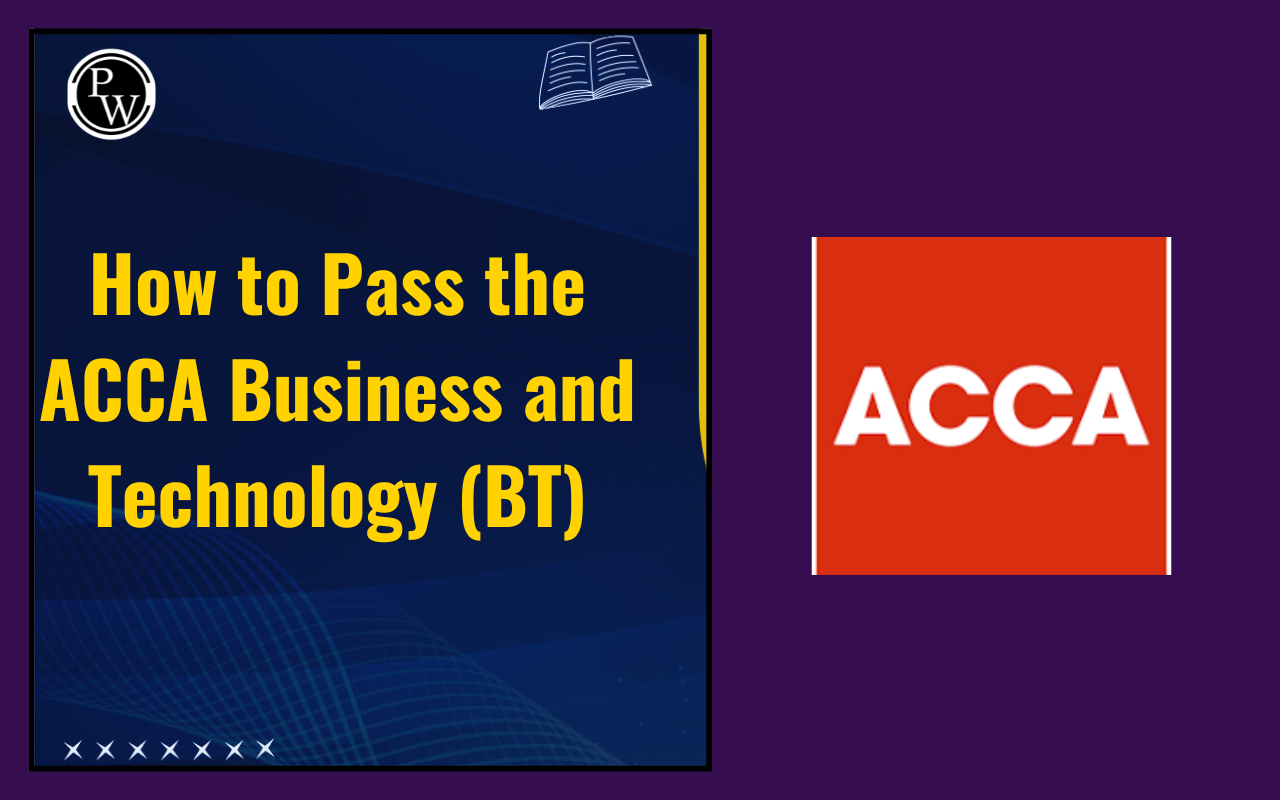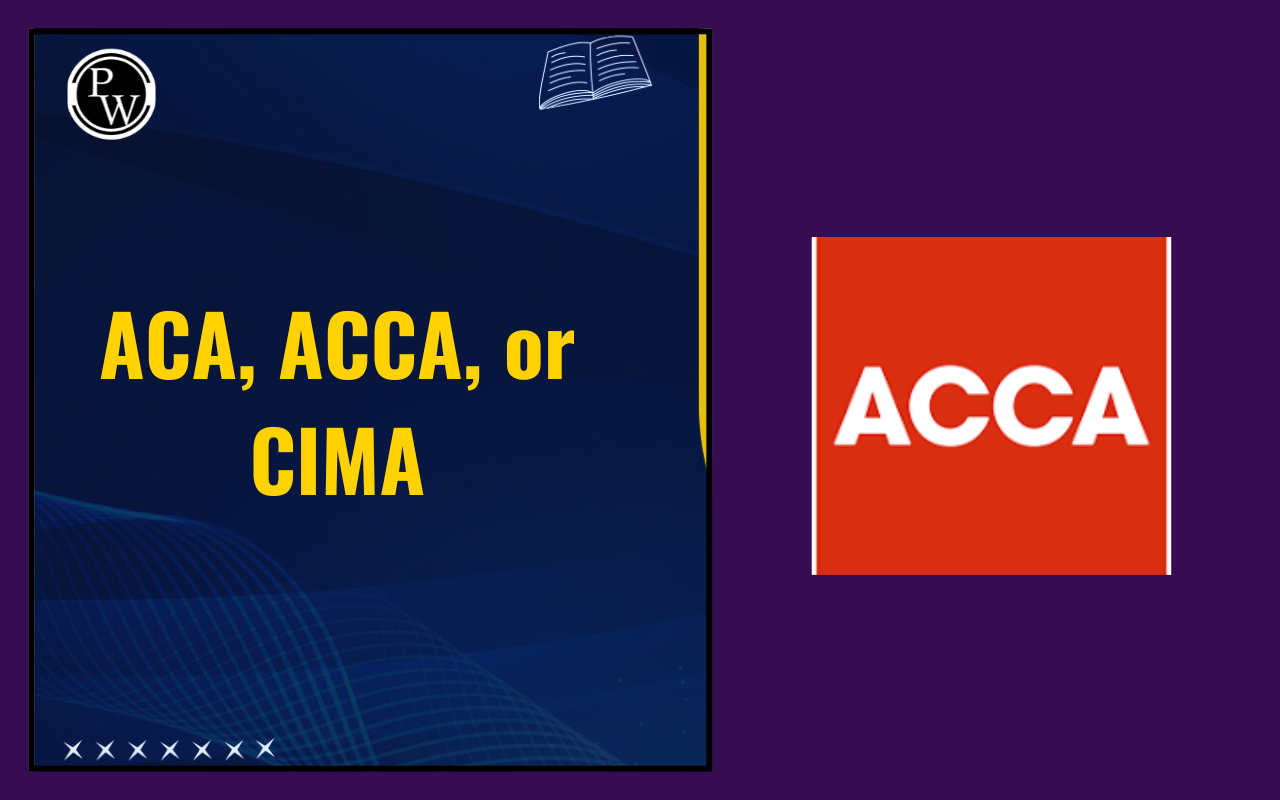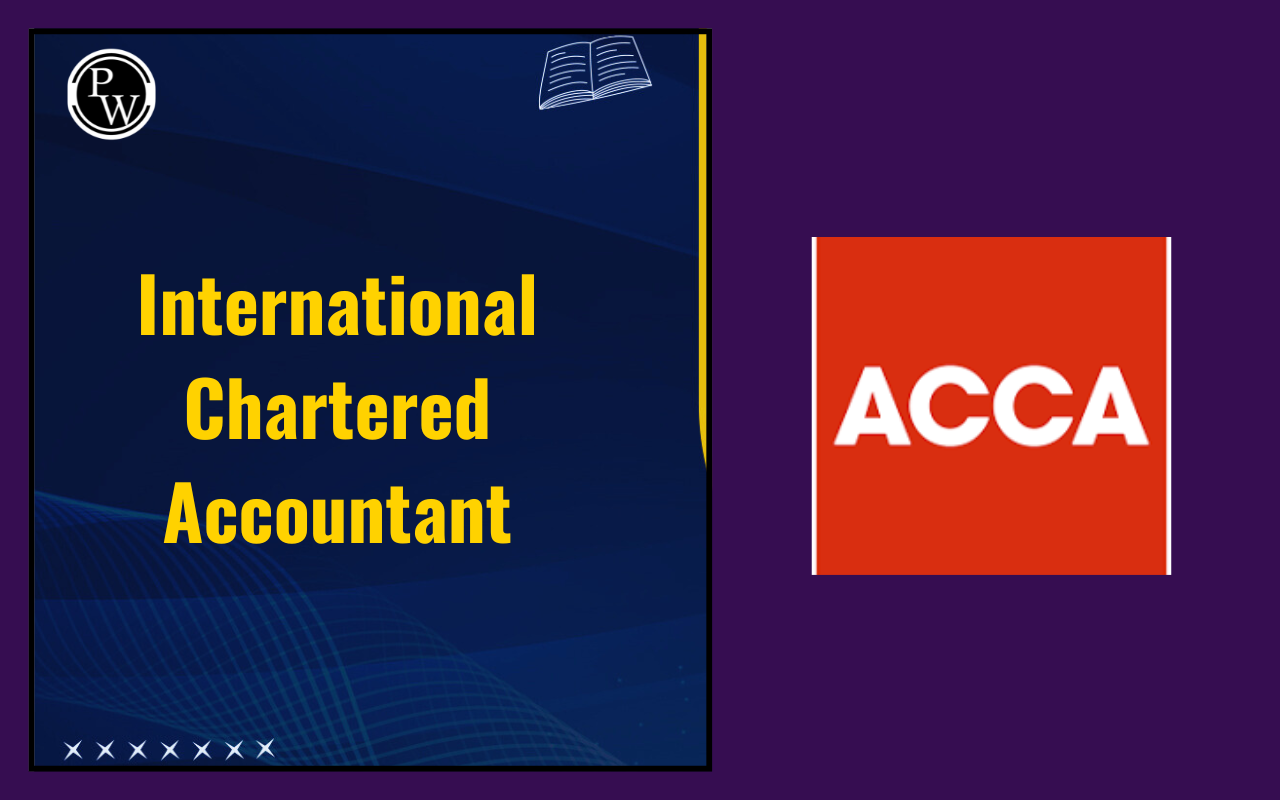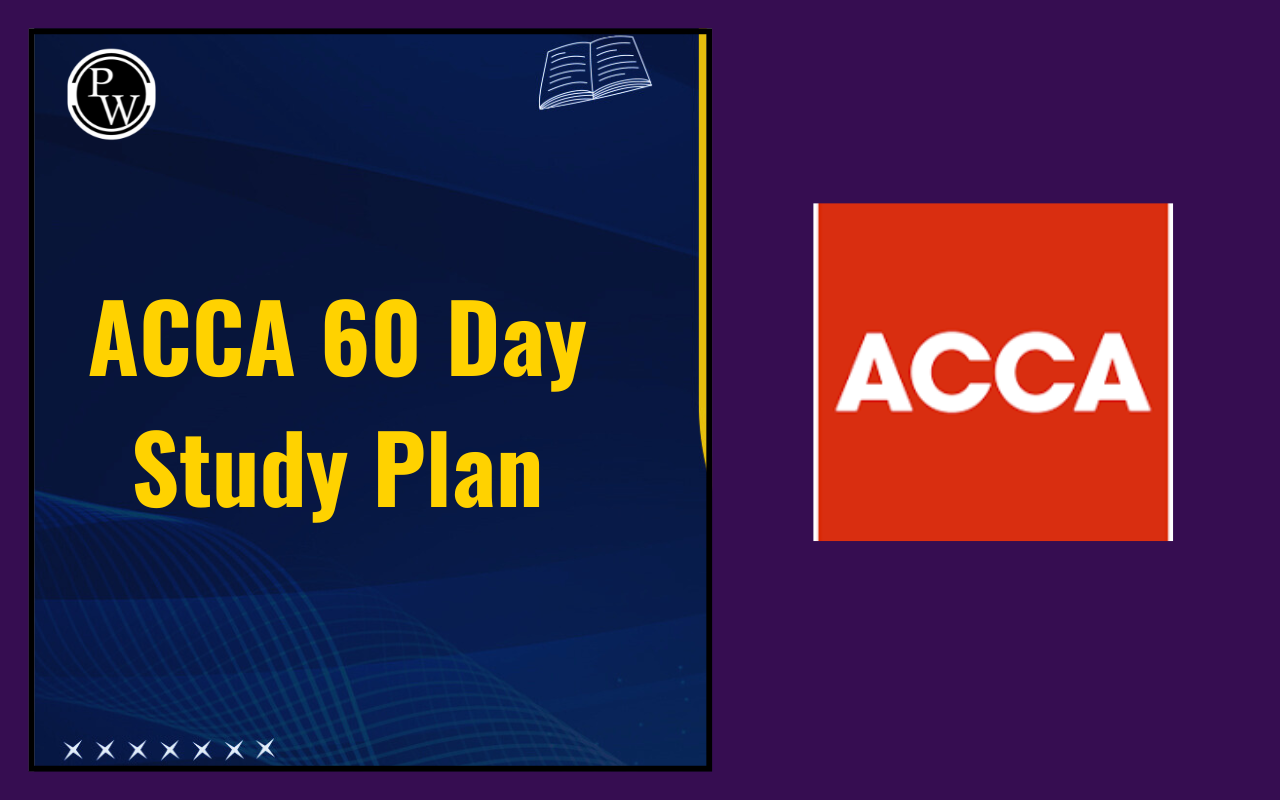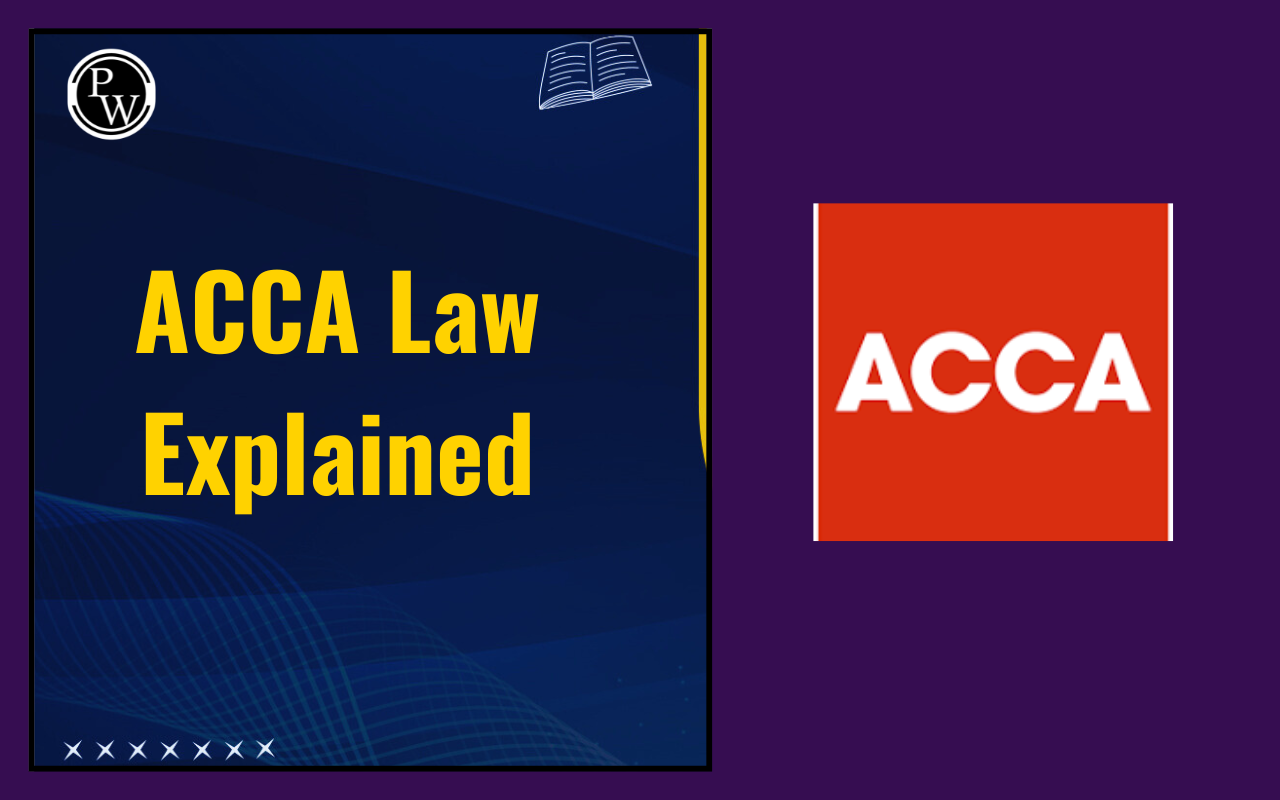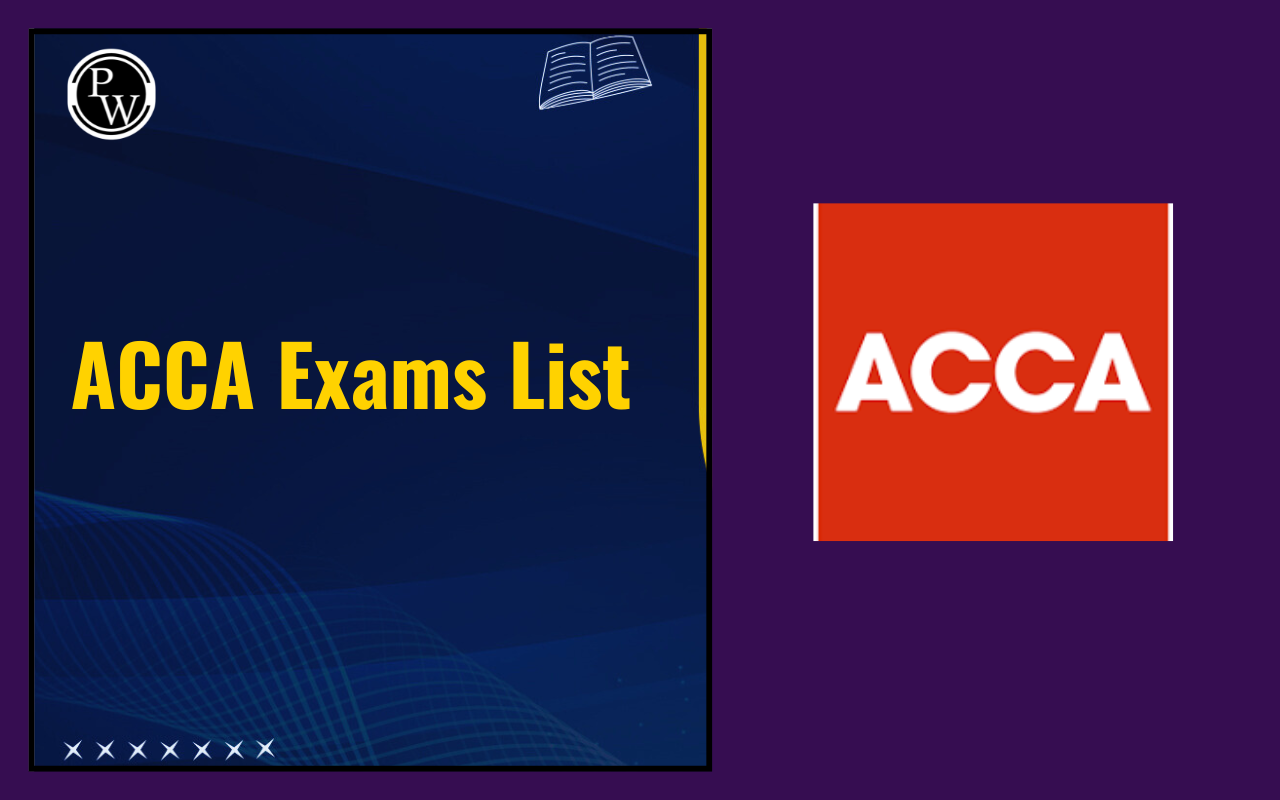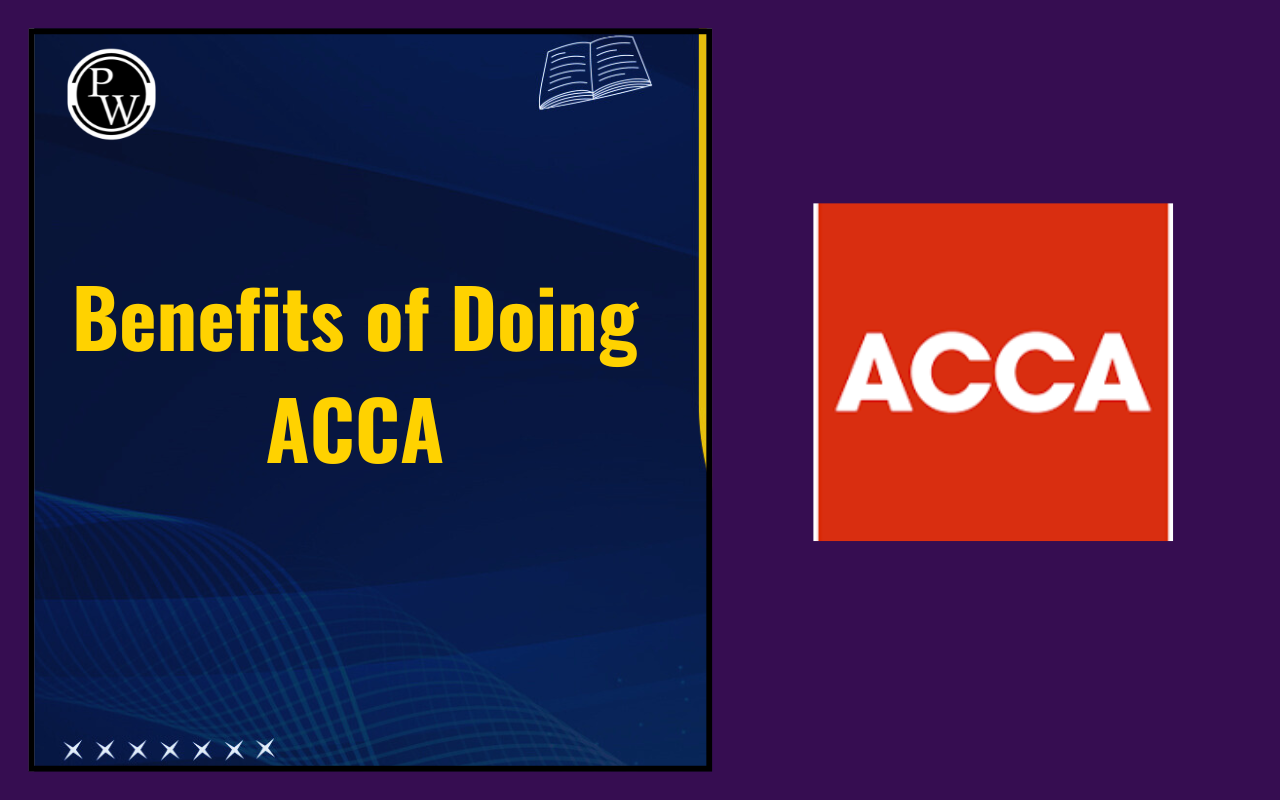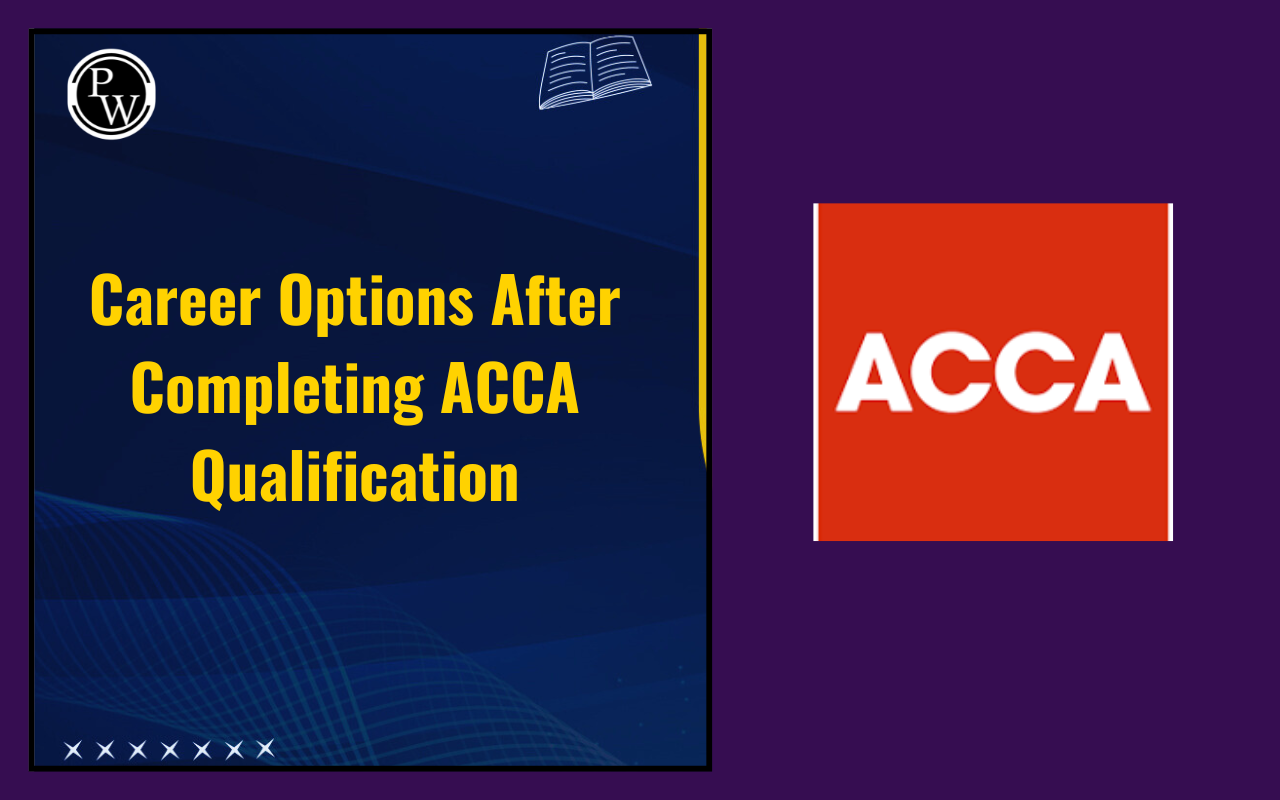
A strong degree combined with industry-relevant skills and in-depth knowledge can significantly boost your career. Many students pursue graduation after the 12th to qualify for professional courses, while some programs even allow direct admission.
However, completing a degree like B.Com, M.Com, or BBA before enrolling in accounting courses can provide valuable exemptions and deeper insights into the field. If you're considering ACCA but unsure which degree to choose, keep reading to make a well-informed decision.
Which Degree is the Best with ACCA?
Choosing the right degree to complement ACCA depends on your career goals, interests, and aspirations in accounting and finance. Each degree, B.Com, M.Com, or BBA, has its own benefits when combined with ACCA, helping you gain specialized knowledge and career advantages.
-
B.Com (Bachelor of Commerce): Ideal for building a strong foundation in accounting, economics, and commerce. It also provides exemptions for certain ACCA papers, such as financial reporting and business law.
-
M.Com (Master of Commerce): A postgraduate degree focusing on advanced topics like taxation, auditing, and corporate finance. It is best suited for those aiming for consultancy, academia, or specialized financial roles.
-
BBA (Bachelor of Business Administration): Concentrates on business management, strategy, and leadership. Pairing it with ACCA enhances managerial skills and prepares candidates for leadership roles in finance and corporate sectors.
Each combination offers unique advantages, allowing students to enhance their expertise, improve career prospects, and excel in accounting, finance, or business management. Choosing the right path depends on your long-term career vision.
ACCA with B.Com (Bachelor of Commerce)
A B.Com degree typically covers a wide range of subjects like accounting, finance, economics, business management, taxation, marketing, and entrepreneurship. The program blends theoretical knowledge with practical skills to prepare students for careers in fields like accounting, banking, finance, marketing, and business management.
Complementing B.Com with ACCA:
B.Com provides a thorough understanding of core business concepts such as finance, economics, and business management. During the course, students also study subjects that are crucial for ACCA, helping them gain insights into accounting and finance while pursuing their degree.
Benefits:
A B.Com degree offers a broad perspective on business disciplines, which enhances your understanding of key ACCA topics and sets you up for a successful career in accounting, finance, or related fields.
Considerations:
B.Com lays a solid academic foundation and provides valuable practical experience, boosting employability and career advancement in the finance and business sectors.
ACCA with B.Com Career Opportunities
After completing ACCA alongside a B.Com degree, students can explore various career paths, including:
-
Financial Analyst: Analyzing financial data to support decision-making.
-
Tax Consultant: Offering tax advisory services to individuals and businesses.
-
Management Accountant: Managing internal financial processes to aid in decision-making.
-
Financial Controller: Supervising accounting departments and ensuring accurate financial reporting.
This combination is ideal for students aiming for careers in accounting and finance. It provides a balanced foundation and the flexibility to choose from various career options in the financial sector.
ACCA with M.Com (Master of Commerce)
The M.Com (Master of Commerce) is a postgraduate degree that offers in-depth studies in fields like accounting, finance, economics, business management, and more. The program covers advanced topics such as accounting, taxation, economics, business management, marketing, and entrepreneurship.
It includes specialized courses, seminars, projects, and internships that focus on specific areas of commerce. This combination provides a competitive advantage for individuals aiming for specialized roles or academic careers in commerce, finance, and accounting while enhancing both practical skills and theoretical knowledge for higher-level positions in the financial industry.
Complementing M.Com with ACCA:
M.Com offers advanced studies in accounting, finance, taxation, and business management, providing a deeper understanding of complex accounting concepts and practices. Combining it with ACCA helps students gain a comprehensive and specialized knowledge base.
Benefits:
M.Com complements ACCA by offering specialized knowledge and practical skills in areas such as financial analysis, taxation, and corporate finance, boosting career prospects in the financial sector.
Considerations:
Pursuing an M.Com after ACCA provides a significant edge in the job market, particularly for leadership roles and specialized career paths. However, it requires more time and resources compared to undergraduate programs.
ACCA with M.Com Career Opportunities
Upon completing M.Com and ACCA, students can pursue various career options, including:
-
Financial Consultant: Offering strategic financial advice to businesses and individuals.
-
Academic Roles: Teaching at universities or conducting research in commerce-related fields.
-
Finance Manager: Managing and overseeing financial operations within organizations.
-
Corporate Treasurer: Handling an organization’s financial assets and liabilities.
This combination is ideal for those who wish to specialize in commerce and finance, equipping them with a professional qualification to advance in their careers or pursue academic roles. It blends theoretical knowledge with practical skills, preparing students for senior positions in finance and academia.
ACCA with BBA (Bachelor of Business Administration)
The BBA (Bachelor of Business Administration) is an undergraduate program that focuses on business management, administration, and entrepreneurship. BBA students explore a broad range of subjects such as accounting, finance, marketing, human resources, operations management, organizational behavior, business law, and strategic management.
This program covers various aspects of business operations, preparing students for leadership roles in business management. On the other hand, ACCA is a globally recognized qualification that specializes in accounting, financial reporting, taxation, and financial management.
Complementing BBA with ACCA:
While BBA provides a wide understanding of business administration, including finance, marketing, and management, it equips students with the skills to manage and lead in a business environment. Pairing this with ACCA offers a deeper, specialized focus on accounting and financial management.
Benefits:
The combination of BBA and ACCA offers a well-rounded education that enhances your decision-making, problem-solving, and strategic planning skills. These abilities are crucial for roles in accounting and finance, giving you a holistic perspective on business operations and management.
Considerations:
BBA prepares you for a broad range of career opportunities in business management. However, to specialize in accounting and finance, pursuing additional qualifications such as ACCA can provide the expertise needed to excel in these fields.
ACCA with BBA Career Opportunities
Upon completing both ACCA and BBA, students can pursue several career paths, including:
-
Financial Manager: Overseeing financial operations, budgeting, and analysis within companies.
-
Accountant: Managing financial records, ensuring compliance with regulations, and reporting financial data.
-
Business Analyst: Using financial data to guide business decisions and improve operations.
-
Corporate Treasurer: Managing investments, risk, and treasury functions within an organization.
-
Management Consultant: Providing strategic advice to improve organizational performance.
This combination is ideal for students looking for a well-balanced education in business management and professional accounting. It opens doors to various career opportunities, equipping students with the financial expertise and leadership skills needed to succeed in business and accounting roles.
| Also Check: | |
| ACCA 2025 | ACCA Exam Dates 2025 |
| ACCA Syllabus 2025 | ACCA Exam Pattern 2025 |
| ACCA Exemptions | ACCA Eligibility Criteria 2025 |
| ACCA Exam Docket 2025 | ACCA Exam Booking 2025 |
FAQs
Which degree is best with ACCA, B.Com, M.Com, or BBA?
Does ACCA provide exemptions for B.Com, M.Com, or BBA graduates?
Is BBA a good option for ACCA students?
Can I pursue ACCA after completing M.Com?

